
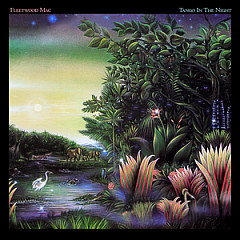
"Big Love" is a showcase song for Lindsey Buckingham and the first single from Fleetwood Mac's 1987 album Tango In The Night, but he left the group soon after the album was released and the band didn't perform it live until he returned 10 years later.
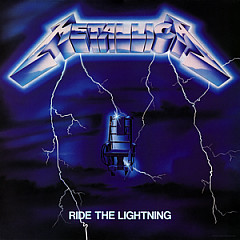
The title of the Metallica song "Ride The Lightning" came from a line in the Stephen King book The Stand where a guy is about to be executed.

"The Way We Were" was the first of five Hot 100 #1 singles recorded by Barbra Streisand. She is the only artist ever to receive an Oscar, Tony, Emmy and Grammy as well as record a #1 single and album.
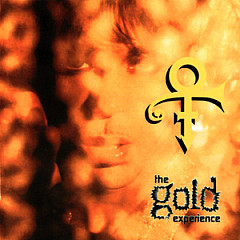
Prince released "The Most Beautiful Girl In The World" on his own label to prove he could generate a hit song whenever he wanted. He made his point: It was a big hit around the world.
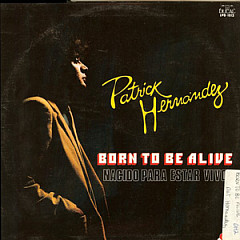
In 1979, Madonna was a dancer on Patrick Hernandez' tour, where she boogied to his hit "Born To Be Alive."
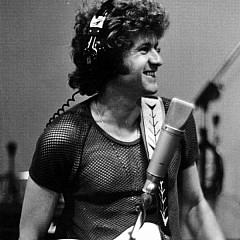
Inspired by his dear friend, "Seasons in the Sun" paid for Terry's boat, which led him away from music and into a battle with Canadian paper mills.
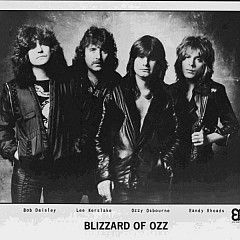
Bob was the bass player and lyricist for the first two Ozzy Osbourne albums. Here's how he wrote songs like "Crazy Train" and "Mr. Crowley" with Ozzy and Randy Rhoads.

The "Midnight At The Oasis" singer is an Old Time gal. She talks about her jug band beginnings and shares a Dylan story.
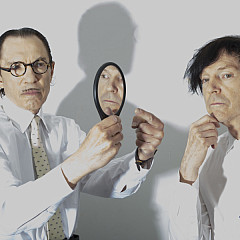
The men of Sparks on their album Hippopotamus, and how Morrissey handled it when they suggested he lighten up.
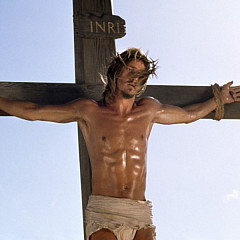
The in-depth discussion about the making of Jesus Christ Superstar with Ted Neeley, who played Jesus in the 1973 film.
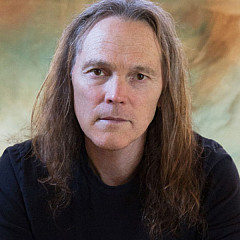
The longtime Eagle talks about soaring back to his solo career, and what he learned about songwriting in the group.